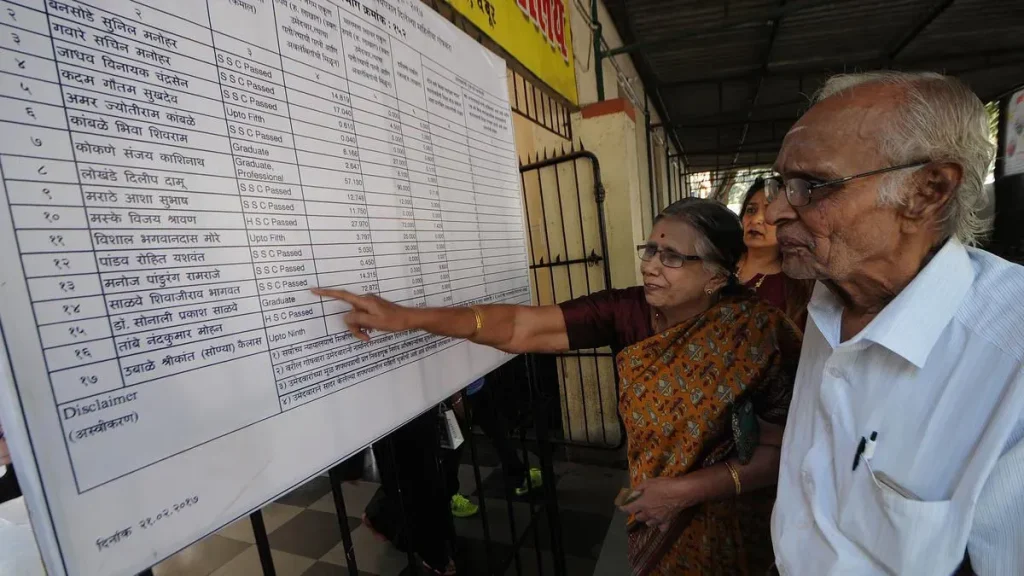Context:
Recently, concerns have been raised by leaders in southern Indian states regarding the ageing population and declining fertility rates.

More on the News:
- The Chief Minister of Andhra Pradesh has expressed the urgent need to grow the state’s population due to an increasing elderly demographic and announced plans for legislation to incentivize having more children.
- Tamil Nadu’s Chief Minister echoed this sentiment, suggesting that lower fertility rates could diminish the South’s political influence after the upcoming delimitation of constituencies.
- As fertility rates fall, India as a whole is aging, with projections indicating that one in five people will be over 60 by 2050.
Understanding the Ageing Population
The ageing population poses a significant challenge for southern states like Andhra Pradesh, Tamil Nadu, and Kerala, where the elderly population is projected to rise dramatically by 2036.
- By 2036, the southern states are expected to have 61.7 elderly individuals per 100 children, compared to just 27.8 in central India.
In Kerala, the elderly share is projected to increase from 16.5% to 22.8%, while Tamil Nadu’s will rise from 13.7% to 20.8%.
According to the 2011 census, the median age of states in the south: Kerala (31.9 years), followed by Tamil Nadu (29.9); Andhra Pradesh (27.6); Karnataka (27.4); and Telangana (26.7).
- In comparison, in states like Uttar Pradesh and Bihar the median age was 21.5 years and 19.9 years, respectively.

Southern India has seen fertility rates drop significantly, with states like Andhra Pradesh, Karnataka, Kerala, and Tamil Nadu averaging around 1.5 to 1.6 children per adult female, significantly below the national average of 2.
According to recent studies, the Aging Index—the number of elderly individuals per 100 children—is projected to be significantly higher in southern states.

Southern states will experience a larger increase compared to Northern states due to their earlier transition to lower fertility rates.
- For instance, Uttar Pradesh is expected to reach the Replacement Level of Fertility only next year, over twenty years later than Andhra Pradesh.
For instance, the South will reach 61.7 elderly per 100 children by 2036, compared to only 27.8 in parts of Central India.
Impact of the Ageing Population:

Political Representation: As populations in southern states stabilize or decline, their representation in Parliament may decrease, affecting their political power and resource allocation, while more populous Northern states such as Uttar Pradesh and Bihar are likely to gain additional representation.
- Delimitation, or the re-drawing of constituency boundaries based on population changes, is a crucial issue linked to these demographic shifts.
Economic and Healthcare Challenges: The increasing number of elderly individuals in Southern states is anticipated to escalate healthcare costs and place additional demands on social security systems. A high percentage of the aging population does imply that the state may have to spend more on taking care of this growing population.
- There is an increased pressure on pension systems and social security.

